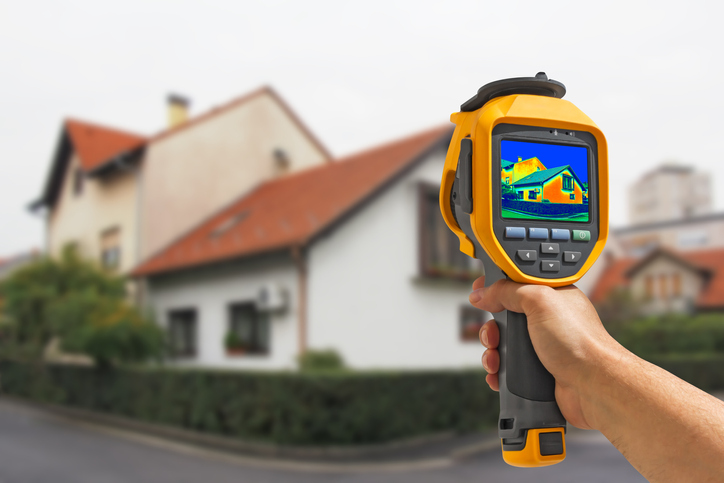Energy communities (ECs) are well-placed to enhance energy know-how and energy literacy among householders. In analysing the Smart Communities project, Kevin Burchell, University of Birmingham, was able pin-point which approach was most likely to trigger behavioural change.
Smart Communities was a UK-based community research project (funded by the Economic and Social Research Council) that aimed to reduce domestic energy consumption. It targeted a middle-class suburb of London, Kingston upon Thames. Despite 80% of the UK population living in suburban areas, energy consumption research often does not ‘drill down’ to understand the specifics of such communities. Working with local partners, the project drew on both energy literacy and know-how approaches.
To assist the 400+ households that joined the project (which ran between May 2011 and May 2013), organisers rolled out an integrated campaign comprising the following:
- energy consumption monitoring
- community-based consumption feedback
- weekly e-mail communication
- a web forum
- community workshops
- energy-audit home visits
- collaborations with local institutions, such as schools and libraries and
- relationships with local groups and experts.
While energy literacy approaches, such as weekly e-mail communication and audit reports, aimed to boost household engagement with their energy use, participants sometimes perceived these measures as overly comprehensive, dry and too technical. In contrast, energy know-how methods, such as hands-on demonstrations and workshops, were most impactful and most likely to change consumer behaviour.
Smart Communities provided a ‘multi-sensory’ experience for households as part of its energy know-how approach. While many people reported ‘feeling’ draughts, seeing thermal imagery that showed actual heat loss proved more effective in prompting households to take action to make repairs. Critically, among the rental community, tenants could use thermal imagery as ‘proof’ of poor energy systems, and thus make the case for landlords and building owners to undertake deep renovation projects.

The high value of energy know-how approaches has a price, however; they tend to be extremely time-consuming and costly compared to energy literacy approaches, which can be more affordable on a large scale.
Ultimately, the Smart Communities project attributes its success to effectively combining the best of both approaches. Along with copies of the thermal imagery, households received a concise report listing ten actions to reduce energy consumption. In parallel, the campaign engaged local experts to host six community workshops (rather than individual household visits): two on lighting, two on thermal comfort, and two on hot water use.
How is this relevant to CEES and its followers? Highly localised and knowledgeable about specific regions, ECs and other third-sector organisations know their households intimately and are well-placed to lead energy know-how campaigns. Unlike more centralised entities, such as government agencies or energy providers, ECs and local partners also have a key advantage.
Trust – in both the source and authority of energy knowledge – is vital to engagement by households. Various studies show that government agencies and energy providers are among the least-trusted entities in the UK. As such, a strong case exists for having ECs and third-sector organisations take lead roles in implementing energy know-how practices. Often, energy know-how approaches can both alleviate energy poverty and collect data that are useful for energy literacy approaches.
To access Burchell’s full paper, click here.